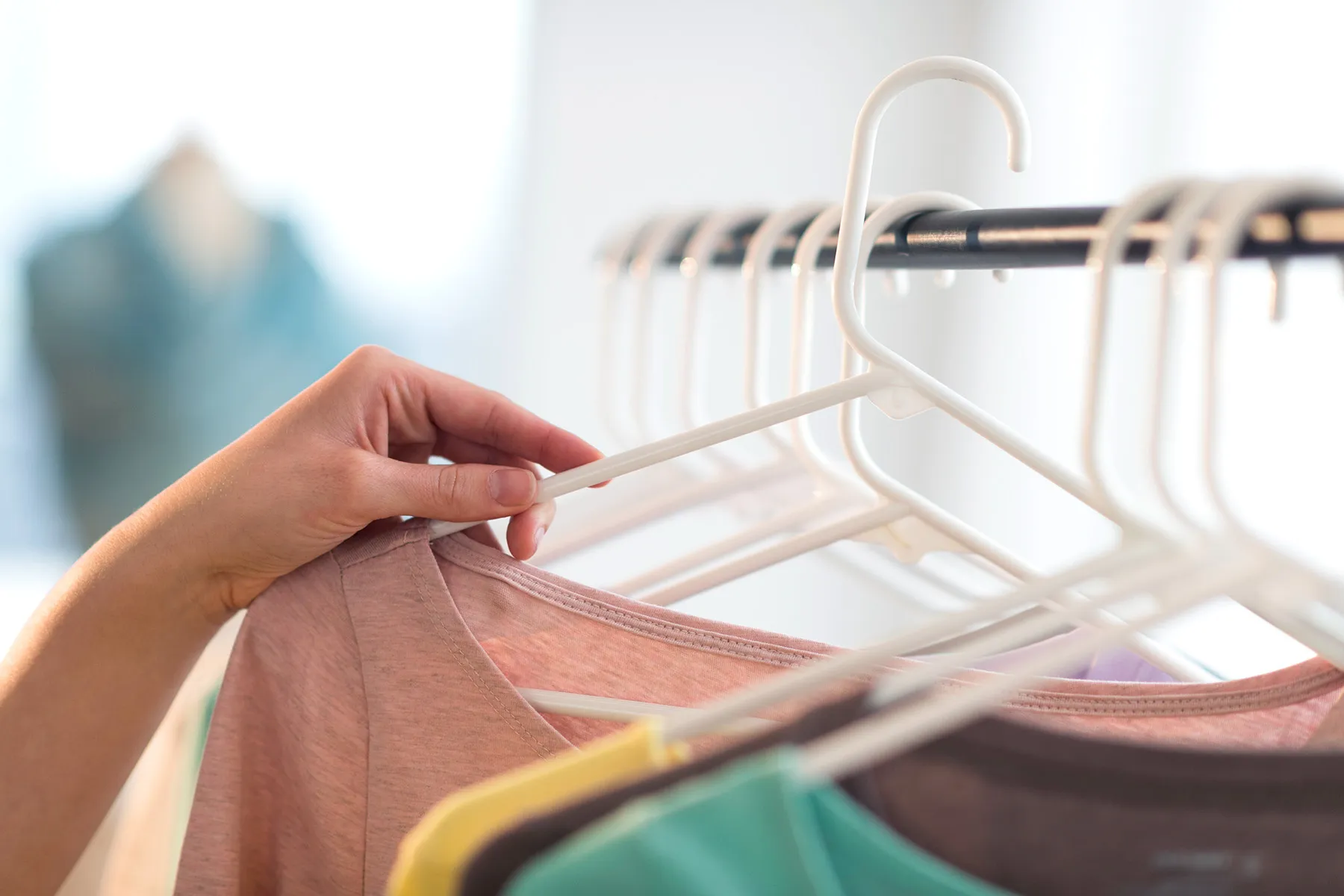Orleatha Smith is the consummate go-getter. This Los Angeles-based dynamo holds a biology teaching credential and a master’s degree in education, and she is a published author who has written books about healthy eating. She’s also a certified holistic lifestyle and wellness coach, with expertise in e-commerce. During the pandemic, she co-founded Sip Herbals, which makes a gluten-free, acid-free, caffeine-free coffee substitute that became an instant bestseller.
All of that would be impressive under any circumstances, but now consider this: “I was born covered from head to toe with eczema and have dealt with it for the last 45 years,” she says. “In fact, I spent an entire month in Mayo Clinic as a child because my skin became infected.” Today, she says, “I can speak to being a Black woman whose eczema has all but cleared, [with the exception of] one spot on my foot.”
How does she keep her eczema at bay? Let’s go shopping with Smith, whose recommendations might help you get your own skin condition under control.
Smith always checks fiber content labels while clothes shopping. “I wear cotton 99% of the time,” she says. “I also take great care to make sure that there is not much latex in any article of clothing I buy, as it tends to irritate my skin. If I wear synthetics, I wear cotton undergarments – think bike shorts and tank tops – to make sure there is little contact [between] the synthetic and my skin. I make sure the fabric I wear is breathable as well.”
“I only wash my clothes in unscented detergent, and always add baking soda to my wash, too,” Smith says. “This is to make sure that allergens and irritants from daily outdoor activities all get removed from my clothes.”
Although she uses an oil to lightly cleanse her face daily – in her case, it isn’t irritating – Smith knows this may not be for everyone. “I use Cetaphil products when I feel I need a deeper clean without stripping my skin,” she says.
Smith picks up various natural products, which she likes to combine, and some commercial brands as well. “I use a mix of shea butter and castor oil post-shower,” she says. “I like to use Aquaphor on rough patches. I also use Cerave and keep that brand’s hand cream in my purse.”
This is a tricky one: Smith has yet to find makeup that feels completely right on her skin. Still, she wears a little bit, having found her favorite brand through trial and error. “Neutrogena products seem to not make me flare so long as I cleanse as soon as I get home,” she says.
“They resist pilling and don’t dry my skin out,” Smith says. “They also tend to keep me cooler, which helps stop me itching from overheating.”
In addition to buying the right products, Smith relies on calming techniques to help with her eczema. “Meditation specifically for stress has helped me control my flares so much,” she says. “I find that when I am itching, I’m emotionally stressed or irritated. Calming my mind down helps to calm my skin down. It didn’t happen overnight, but meditation has helped me immensely.”
Another of her top priorities is a good night’s sleep. With that in mind, Smith decided to quit traditional coffee. “At first, it was really hard,” she says. “I tried cold turkey, and the headaches sent me running back to coffee. I tried tea and it just didn’t cut it. I tried coffee substitutes, but they had ingredients that seemed to make me flare.” That’s what prompted her to create her own coffee substitute. “Within a week of gradually incorporating the substitute, I finally found relief and great sleep,” she says.
Scrutinize your own diet to see which foods and beverages may be keeping you up. Are you hooked on caffeine? Do you eat heavy foods at night that give you stomach discomfort or gas? If so, cut down on them, and then cut them out. You may find that you sleep better – and the deeper you sleep, the less likely you are to be distracted by itching.
As for shopping, Smith is happy to share her favorite finds, but she’s well aware that eczema is highly individual. “Know that each of us is a unique snowflake, and what works for one person may not work for you,” she says. “Keep hunting for your unique solution.”


